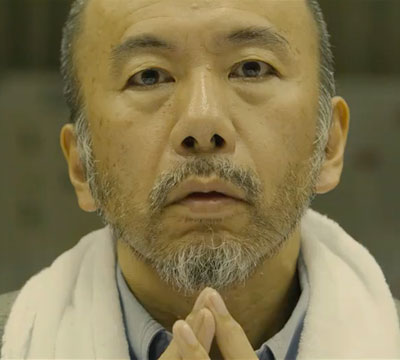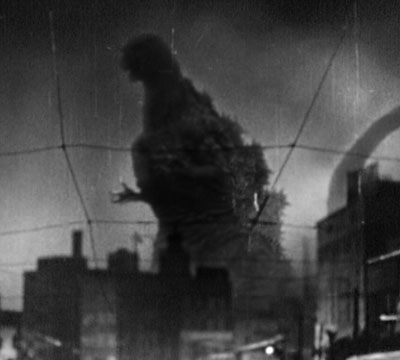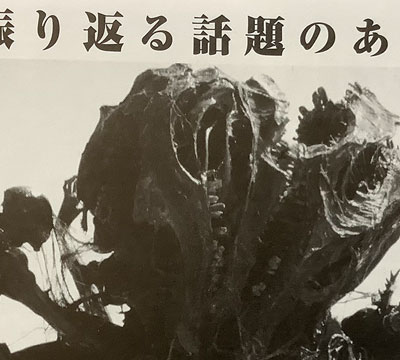12.3.16
In my attempt to better understand the mysterious figure of Professor Goro Maki I began to look at the clues throughout Shin Godzilla. The book left abroad Maki’s pleasure boat adrift in Tokyo Bay is important clue. The book title was difficult to discern in the fast-moving opening movie sequence. To make it more difficult the book was upside down from the camera view. I was fortunate to get a clear shot of book cover. And what I found may lend more light to the enigmatic figure of Goro Maki.
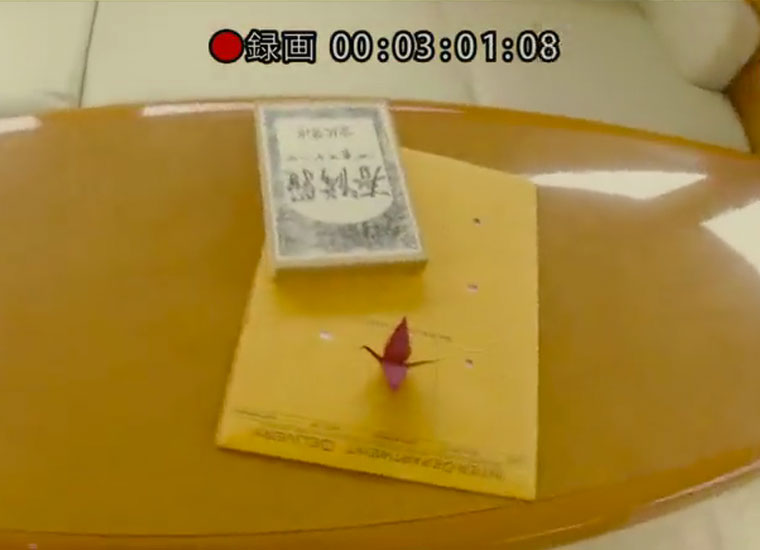
Japanese moviegoers would readily recognize the book, its author and significance. But not so for non-Japanese audiences. The book is an anthology of poems by Kenji Miyazawa (宮沢 賢治), entitled Spring and Asura 『春と修羅』. Miyazawa was born on August 27, 1896 in Hanamaki, Iwate, northern Japan. He is well-known author of children’s literature and best-known for Night on the Galactic Railroad (銀河鉄道の夜), The Life of Guskō Budori (グスコーブドリの伝記), Matasaburo of the Wind (風の又三郎), Gauche the Cellist (セロ弾きのゴーシュ), The Night of Taneyamagahara (種山ヶ原の夜), Vegetarian Great Festival (ビジテリアン大祭), and The Dragon and the Poet (龍と詩人). His work is hugely popular and read widely in Japan until this day.
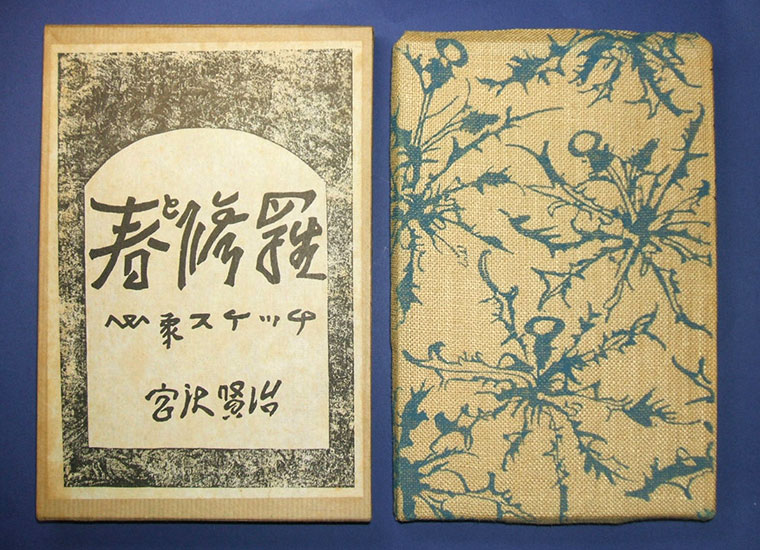
Miyazawa was a man of many interests from agriculture to astronomy. He was an agricultural science teacher, a vegetarian, devout Buddhist, and utopian social activist. He was an avid collector of records and he was a cellist as well. He died at the young age of 37 from pneumonia on September 21, 1933. Miyazawa was unknown as a poet in his lifetime. His work only gained popularity posthumously.

There are at least two connection between Goro Maki and Kenji Miyazawa. First, Goro Maki, like many Japanese, may have been attracted to Miyazawa for “his life of self-sacrifice,” as he was described in the NHK BEGIN Japanology program. Maki had lost faith after his warnings about Godzilla and nuclear radiation went unheeded by authorities. Before casting himself into the bay from his boat, the Glory-Maru, Maki left Miyazawa’s book and his data on Godzilla inside a brown envelope with his handwritten final words in a puzzling phrase,「私は好きにした、君らも好きにしろ」translated “I did as I pleased, you do the same.” Was Maki influenced by Miyazawa statement, “We must embrace pain and burn it as fuel for our journey”? I don’t know but the spirit of Miyazawa is present in the thinking and disposition of Maki.

Second Miyazawa’s Buddhism is reflected in the book title and the word “Ashura.” In Buddhism, Ashura is the lowest ranks of the deities or demigods. They were forced out of heaven for becoming evil. They seek their own justice and lose sight of virtue. They are addicted to their own passions, especially “wrath, pride, envy, insincerity, falseness, boasting, and bellicosity” (Wikipedia). Maki appears to liken the authorities with such beings in that they seek only what pleases themselves losing sight for what happens to others. Rando Yaguchi, the fearless hero of Shin Godzilla, said, “The professor loathed the radiation sickness that took his wife’s life” and “hated radioactive materials and maybe anyone involved with it including Japan, which left his wife to die.” And for that reason he hoped to render radioactive materials harmless. Maki feared the military and so redacted documents from the United States Department of Energy while working with a U.S. energy firm. But Maki left some of his final data for them to do as they like. They were left a choice whether to act in their hubris or to act with urgency. Yaguchi pondered, “So what did he do in the end?” I believe as Miyazawa stated, Maki embraced his pain and burned it as fuel for his journey. Like Miyazawa’s writings, Maki’s work would not become widely known until after his death.
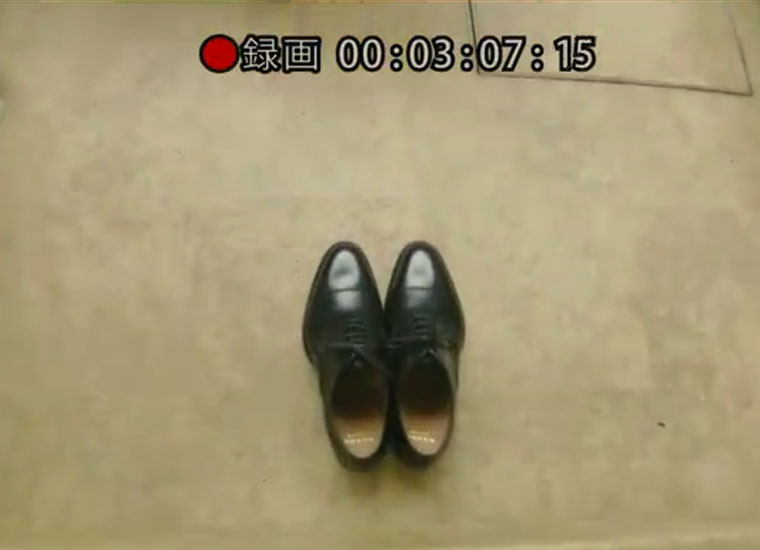
These are a few insights into the mysterious psyche and person of Professor Goro Maki. A stranger, rebel, and an outcast having been expelled from Japan, Maki died in despair leaving behind the secrets of the nature and source of Shin Godzilla, but more importantly, insights into human nature.
